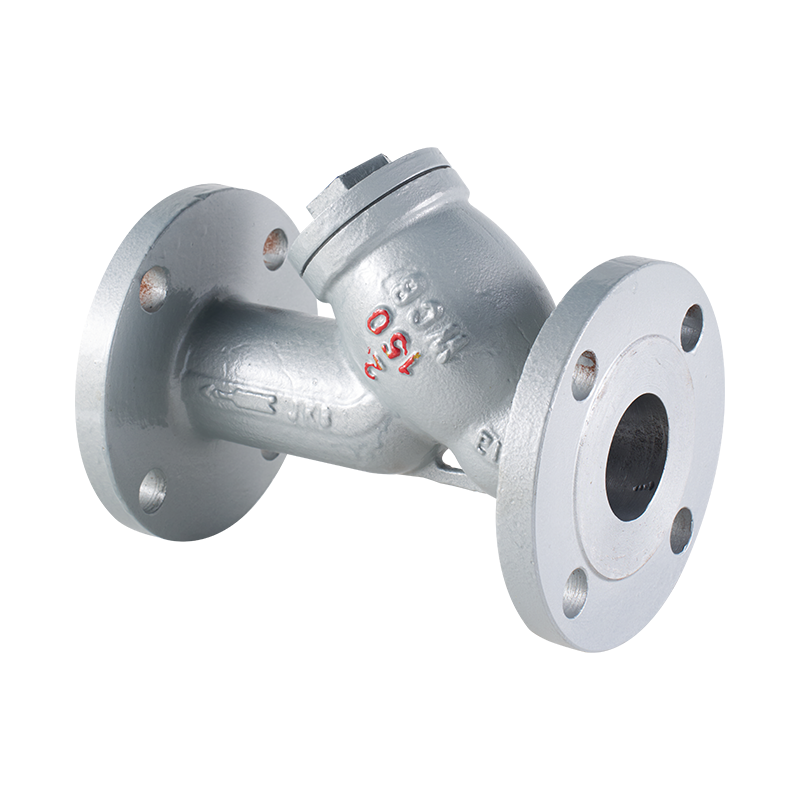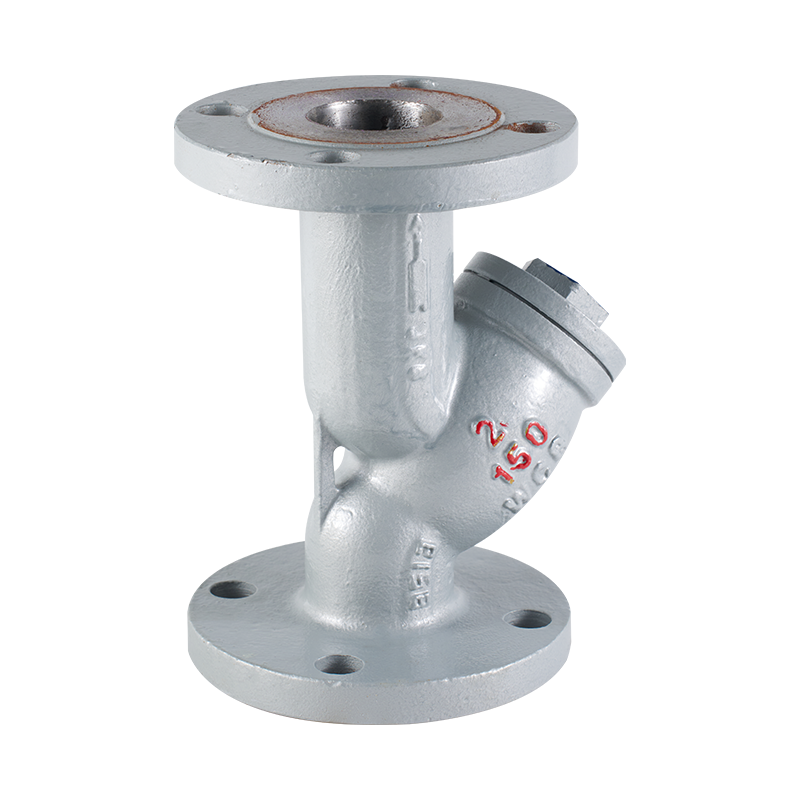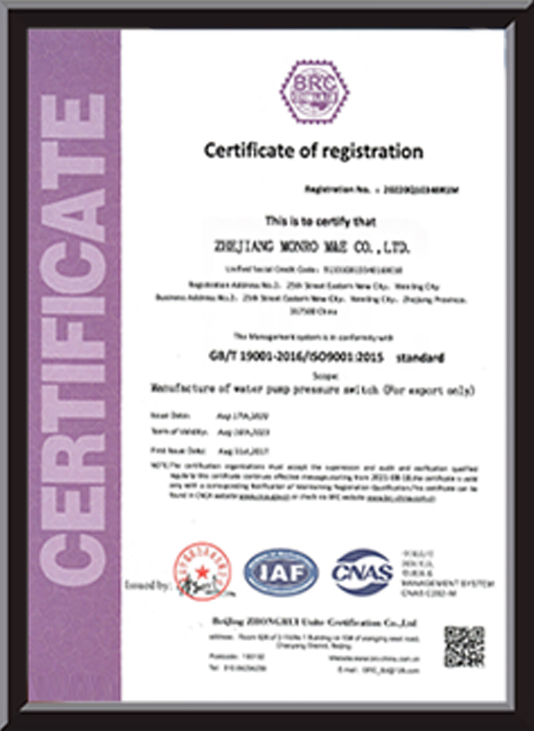Stainless Steel Y Type Strainers are essential components in fluid systems, designed to remove and prevent the passage of solid particles that could potentially damage equipment or disrupt processes. These strainers are widely used in various industries, including water treatment, food processing, chemical processing, and HVAC systems.
Stainless Steel Y Type Strainer
1. Corrosion Resistance: Stainless steel Y type strainers are made from high-quality stainless steel, which is highly resistant to corrosion. This resistance is particularly important in environments where the strainer may be exposed to corrosive chemicals, saltwater, or other substances that can degrade other materials over time. The corrosion resistance of stainless steel ensures that the strainer maintains its integrity and effectiveness, even in harsh conditions.
2. Durability and Longevity: The use of stainless steel in the construction of Y type strainers contributes to their outstanding durability and longevity. Stainless steel is a strong and robust material that can withstand high pressures and temperatures, as well as repeated use without significant wear and tear. This means that stainless steel Y type strainers can provide reliable service for many years, reducing the need for frequent replacements and less maintenance costs.
3. Ease of Cleaning and Maintenance: Stainless steel Y type strainers are designed for easy cleaning and maintenance. The smooth interior surfaces of the strainer allow for thorough cleaning, which is essential for preventing the buildup of debris that can hinder the flow of fluids. Additionally, the stainless steel material is non-porous, which means that it does not harbor bacteria or other contaminants, making it a good choice for applications where hygiene is a concern.
4. High-Quality Filtration: Stainless steel Y type strainers are known for their high-quality filtration capabilities. The strainer's design allows for the effective removal of solid particles and debris from the fluid stream, ensuring that the fluid remains clean and free of contaminants. This is particularly important in applications where the purity of the fluid is critical, such as in food and beverage processing or pharmaceutical manufacturing.
5. Versatility: Stainless steel Y type strainers are versatile and can be used in a wide range of applications. They are commonly used in water treatment plants, industrial processes, and HVAC systems, among others. The strainer's design and material make it suitable for use with a variety of fluids, including water, oil, and chemicals, making it a valuable tool in many different industries.
6. Precision Engineering: The precision engineering of stainless steel Y type strainers ensures that they are manufactured to exacting standards. This precision is important for ensuring that the strainer fits correctly into the system and operates as intended. The tight tolerances and careful construction of these strainers contribute to their reliability and effectiveness in filtering out contaminants.
7. Cost-Effectiveness: While stainless steel Y type strainers may have a higher upfront cost compared to strainers made from other materials, their durability, longevity, and ease of maintenance make them a cost-effective choice in the long run. The reduced need for replacements and maintenance means that the total cost of ownership for these strainers is lower than that of less durable alternatives.
In summary, stainless steel Y type strainers are a reliable and efficient solution for fluid filtration in a variety of industrial and commercial settings. Their corrosion resistance, precision filtration, ease of maintenance, durability, and versatility make them a popular choice for ensuring the integrity and efficiency of fluid systems.
The filter is an indispensable device in the pipeline system for conveying media. Its function is to remove mechanical impurities in the passing media to protect the accessories on the equipment pipeline from wear and blockage. At present, my country basically uses R406 type decontaminant, which is large in size, strong in the negative force, inconvenient to install, and takes a long time to discharge sewage, and the cost is high, which fails to meet the needs of the majority of users. In response to the above problems, our factory has made improvements and developed three series of filters, which are basically the same in appearance (Y-type), and the internal parts are all made of stainless steel, which is hard and durable. The filter is small in size, fine in filter mesh, small in resistance, high in efficiency, easy to install and maintain, and low in cost, which can meet the needs of various pipelines.
Technical Parameters
| Nominal pressure | 1.6-2.5MPa |
| Test pressure | 2.4MPa |
| Working temperature | -80℃-400℃ |
| Valve body | cast steel, stainless steel |
| Filter | stainless steel |
| Structure | shell, drain cover, filter element, filter, stud |
Main Connection Dimensions
| DN | L | H |
| 25 | 160 | 80 |
| 32 | 180 | 90 |
| 40 | 205 | 100 |
| 50 | 210 | 130 |
| 65 | 250 | 160 |
| 80 | 285 | 180 |
| 100 | 310 | 185 |
| 125 | 350 | 230 |
| 150 | 380 | 260 |
| 200 | 480 | 340 |
| 250 | 550 | 400 |
| 300 | 610 | 440 |
| 350 | 700 | 530 |
| 400 | 850 | 570 |
| 500 | 900 | 650 |

With high-quality products, good reputation and high-quality service, our products sell well in more than 20 provinces, cities and autonomous regions in China. We sincerely cooperate with domestic and foreign merchants for win-win cooperation, common development and common prosperity.
In the future, Zhejiang Xiongxiang Valve will continue to uphold the concept of "quality-oriented, customer first", continue to innovate, work together with global partners for win-win results, and create a trustworthy fluid control brand!
-
Understanding how a Flanged Y Strainer connects into a piping system is as important as choosing the right size and screen mesh. Like a Cast...
READ MORE -
Proper installation plays a crucial role in the performance of industrial strainers. A Cast Steel Y Type Strainer and a Flanged Y Strainer a...
READ MORE -
A Cast Steel Y Type Strainer and a Flanged Y Strainer play critical roles in protecting pumps, valves, and other downstream equipment within...
READ MORE -
In industrial settings around the world, operators and engineers encounter real‑world challenges with ANSI Globe Valve installations that ex...
READ MORE -
Choosing the right valve for your industrial system is more than just picking a product off a catalog. When engineers evaluate ANSI Globe Va...
READ MORE -
When planning a new industrial piping project, buyers and engineers often look to SS globe valve manufacturers for quotes and performance sp...
READ MORE

 English
English 中文简体
中文简体





